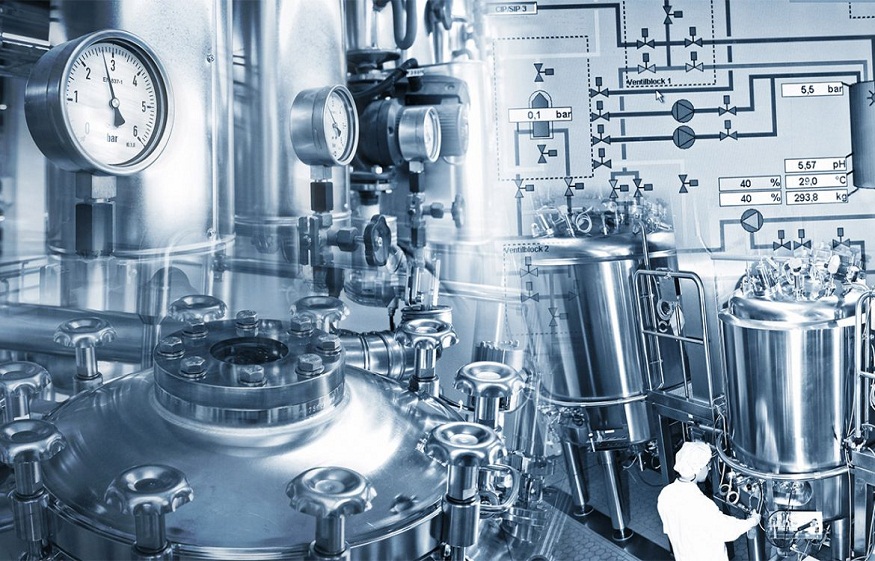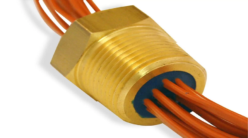
The choice of industrial equipments is a critical decision that significantly impacts the efficiency, productivity, and success of any industrial operation. The process demands careful consideration, strategic planning, and a complete understanding of your specific operational needs. Industrial equipment is an investment, and making an informed choice can determine the long-term performance and profitability of your business.
- Understanding Your Operational Requirements
It is important to evaluate in-depth your specific needs within operations before one ventures on equipment selection. This would then imply analysing your current operations processes, identifying possible bottlenecked areas, and determining the precise capabilities needed from such industrial equipment. These shall include production volume, specified accuracy, environmental conditions, among other factors, as well as future scalability.
- Comparison of Technical Specifications
Technical specifications are the foundation of industrial equipment selection. Always pay attention to performance metrics such as horsepower, speed, capacity, and energy efficiency. Each piece of equipment must be compatible with your parameters of operation. In the case of industrial equipment companies in Saudi Arabia, technological compatibility and local industrial standards are significant factors in making the right choice.
- Quality and Durability Considerations
The quality and durability of industrial equipment cannot be overlooked. Such high-quality equipment ensures consistent performance, reduces downtime, and, therefore, gives a better return on investment. Look out for manufacturers with proven histories of producing reliable machinery. Assess the materials used in construction, the reputation of the manufacturer, and the comprehensiveness of warranty and maintenance support.
- Budget and Cost-Effectiveness
While cost is a key factor, it should not be the only determining factor when choosing industrial equipment. In fact, consider the full cost of ownership, comprising initial purchase price, costs for installation, operational costs, maintenance requirements, and potentially even energy consumption. In many cases, a bit more expensive piece of equipment can end up being cost-effective in the long term due to higher efficiency and reduced maintenance needs.
- Technological Compatibility
Modern industrial equipment should be compatible with current systems and technologies. Assess how the new equipment is compatible with your current infrastructure, considering issues on connectivity and aspects of control systems in relation to possible upgrades. Most modern equipment with advanced technological features can even provide analytic data insights that can result in enhanced efficiency in the running of operations.
- Regulatory and Safety Compliance
Adherence to local and international safety standards is paramount when selecting industrial equipment. Ensure that the equipment meets all relevant regulatory requirements specific to your industry and region. For industrial equipment companies in Saudi Arabia, this means compliance with local industrial safety regulations and international quality certifications.
- Vendor Selection and Support
As significant as equipment choice is, finding the correct supplier is equally as important. Carefully select the supplier as well, who can deliver end-to-end support from equipment installation to in-house training, maintenance, and after-sale service. There should also be technical backup, speed, and availability of spares on their part.
- Testing and Validating Performance
Perform adequate performance testing and validation before a final decision is made. Request demonstration sessions, review case studies, and, if possible, visit facilities where similar equipment is already in use. This is the only way to have first-hand knowledge of the actual industrial equipment performance.
- Future-Proofing Your Investment
Consider the potential for future technological advancements and your business growth curve. Choose equipment that can easily be upgraded or scaled depending on evolving operational requirements. Flexibility and adaptability are two significant hallmarks of a shrewd industrial equipment investment.
- Maintenance and Operational Training
Investing in proper maintenance and operational training maximises the potential of your industrial equipment. Your team should have comprehensive training on equipment operation, basic maintenance, and techniques for troubleshooting. This ensures that any potential operational disturbances are reduced and the equipment’s lifespan is extended.
- Environmental and Sustainability Factors
Nowadays, one evaluates modern industrial equipment based on environmental considerations and sustainability. Consider energy efficiency that can reduce the consumption of resources and align with global sustainability goals. Equipment with a lower carbon footprint may have an environmental benefit and also may save money.
- Risk Assessment and Mitigation Strategies
Understanding and controlling the potential risks associated with the industrial equipment is a critical selection process. Carry out an in-depth risk assessment in terms of operational challenges that may arise, failure cases of equipment, and even financial implications. Consider factors like equipment reliability, potential downtime, repair costs, and even the availability of replacement parts. Creating effective mitigation strategies reduces unanticipated interruptions and ensures seamless operational efficiency.
- Customisation and Adaptability Options
Modern industrial operations need specialised equipment. Explore the extent of customisation available from manufacturers. Many industrial equipment company in saudi arabia offer modular designs that allow for customising to the precise operational need. The ability of such equipment to be changed or upgraded makes it versatile. This enables businesses to easily change their course in response to shifts in market demand or emerging technologies.
- Performance Monitoring and Data Analytics
Select industrial equipment with monitoring and data analytics capabilities that can help in the age of digital transformation. Find equipment integrated with smart technologies to provide real-time performance metrics, predictive maintenance insights, and comprehensive operational data. This enables proactive decision-making and helps optimise equipment performance while identifying improvements in production processes.
- Global and Local Supply Chain Considerations
When selecting industrial equipment, consider the broader supply chain ecosystem. Evaluate the manufacturer’s global reputation, their local presence in Saudi Arabia, and their ability to provide consistent support and spare parts. Assess the equipment’s origin, import/export regulations, potential customs challenges, and local support infrastructure. A robust supply chain ensures smoother equipment procurement, faster maintenance, and reduced operational risks.
Conclusion
Choosing the best industrial equipment requires a serious and thought-provoking consideration process that includes technical aspects, quality, compatibility with other machines, safety levels, and the potential use of such machines in the near future. Businesses can make their decisions more informative and hence drive operational excellence and lasting success.
The landscape of industrial equipment keeps changing with technological innovations that continually reshape manufacturing capabilities. Staying informed, being flexible, and focusing on comprehensive evaluation will ensure that your investment in industrial equipment yields optimal results.





